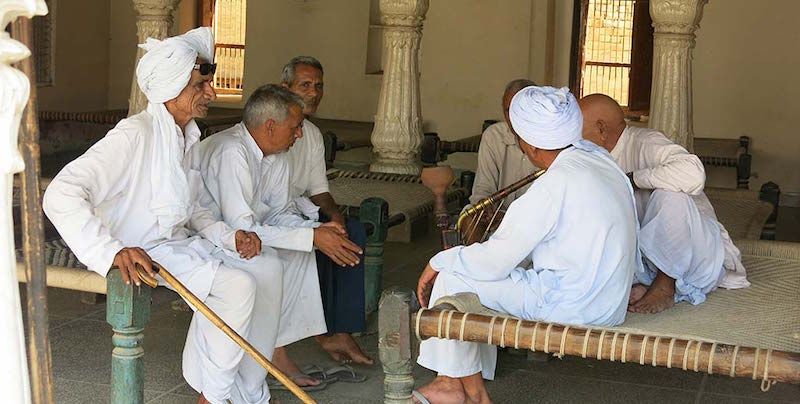Maharashtra becomes the first state to legally ban social boycotts passed by village councils
Maharashtra has become the first state in the country to ban village councils from imposing “social boycotts” that ostracise individuals or families for defying tradition. Women and Dalits often bear the brunt of such judgments, passed as punishment for perceived misdeeds such as marrying between castes or dressing immodestly. The state last month passed the law against a decades-old practice of village panchayats, or councils, ordering social boycotts, reported The Huffington Post.

“The Act was required against the backdrop of atrocities inflicted on people in the name of tradition, caste and community,” said Maharashtra Chief Minister Devendra Fadnavis. “It is necessary to prohibit social boycotts as a matter of social reform in the interest of public welfare,” he said. Under village council orders, individuals and families have been banished from the community, and denied access to temples, wells, markets and celebrations.
In some cases, panchayats have even branded women as witches, and ordered gang rapes or killings as punishment. Maharashtra’s new law declares social boycotts a crime punishable by up to seven years in prison, a fine of Rs 500,000 or both. Human rights campaigners called for other states to follow Maharashtra’s example.
“The law will help check caste crimes to some extent. It empowers lower-caste people and it empowers human rights organisations, as it gives us a tool with which to fight against village panchayats,” said Irfan Engineer, director of the Centre for Study of Society and Secularism in Mumbai. “We need a similar law in the rest of the country, particularly in states where (unelected) khap panchayats are strong,” he told the Thomson Reuters Foundation.
Maharashtra, home to several social reformers including B.R. Ambedkar who fought against caste discrimination, in 2013 passed legislation criminalising practices related to black magic, human sacrifices, and other superstitious beliefs. The social boycott act is another step toward ending outdated customs, said Avinash Patil, executive president of Maharashtra Andhashraddha Nirmoolan Samiti, which had campaigned for the bill, as well as the 2013 law. “We are demanding that the central government enact similar laws in all states, so we can end this brutal practice,” he said.
To stay updated with more positive news, please connect with us on Facebook and Twitter.











